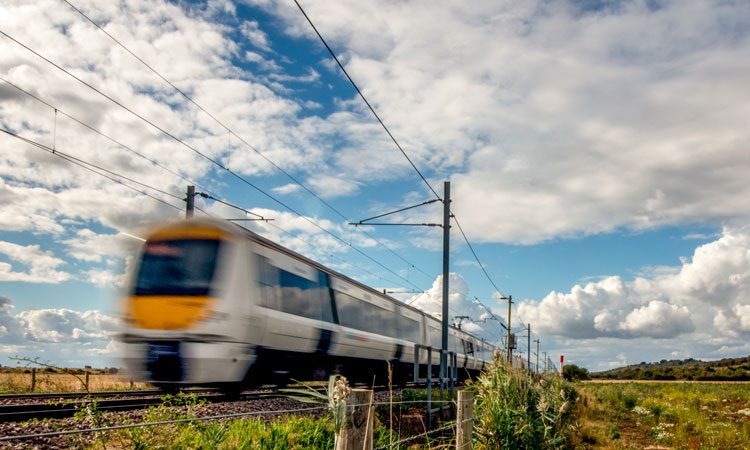Network Rail awards Siemens Mobility huge GSM-R upgrade contract
Posted: 25 April 2019 | Global Railway Review | No comments yet
Siemens Mobility has been awarded a €36 million contract by Network Rail to upgrade the GSM-R cab radios of the entire Great Britain rolling stock fleet.


The upgrade of the 9,052 driving cabs will begin in October 2019 and is expected to be completed by March 2022.
In addition, Siemens Mobility will deliver 1,948 spare communication radios, for a total of 11,000. Each train will be equipped with Siemens Mobility’s V4.0 model cab radio, which will provide train operators with improved interference resistant, communication quality and performance.
Simon Atterwell, Director, Network Rail Telecom, said: “Our programme to upgrade over 11,000 GSM-R cab mobiles to V4.0 will deliver significant benefits to passengers and the railway. It will resolve the rail safety risk and performance impact attributed to interference on the railway from public mobile network operators and enable them to improve their coverage for passengers at locations where we have asked them to turn down their coverage or power.”
Simon added: “The programme also provides the opportunity to explore additional railway applications such as GPS location data for train positioning location and the trial of a track remote condition monitoring application. We look forward to working closely with train and freight operating companies, and Siemens Mobility, in the delivery of this nationally important programme.”
Michael Peter, CEO of Siemens Mobility, said: “With digitalisation, we’re enabling Network Rail’s intelligent infrastructure and increasing value sustainably over the lifecycle of the radios. The system will not only improve communications, but also has the potential for sustainability benefits as well.”
Siemens Mobility has completed a series of trials with Network Rail to demonstrate and prove the GB version 4.0 software and Nexus hardware. Covering more than 100 trains, the trials were undertaken over a two-month period and successfully concluded in January 2019. They achieved an average mean time between failure in excess of 50,000 hours.
Related topics
Global System for Mobile Communications – Railway (GSM-R), Rolling Stock Orders/Developments, Signalling, Control & Communications








